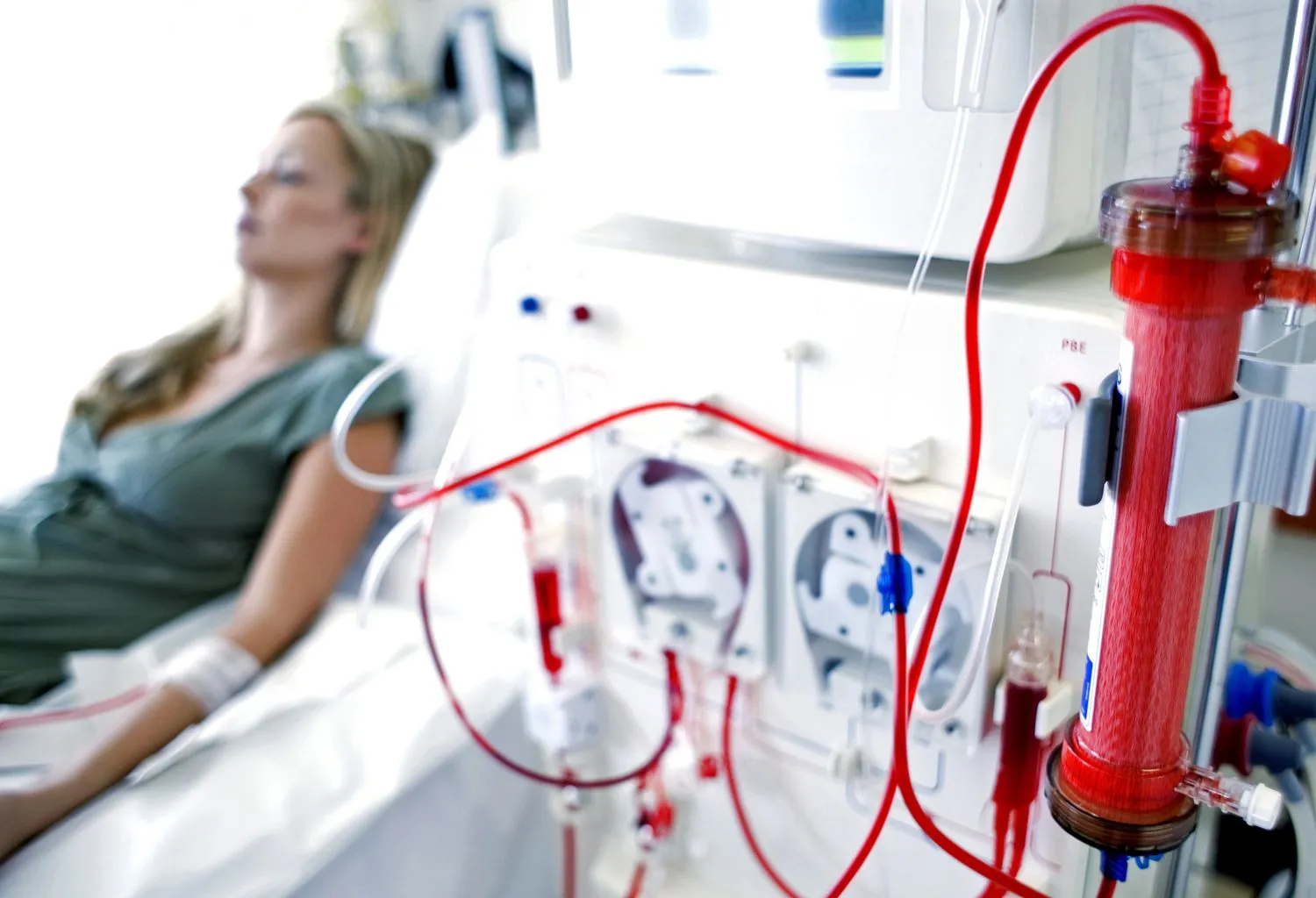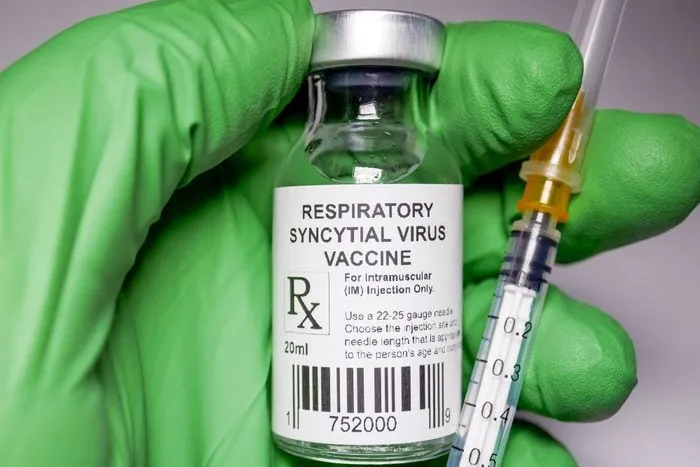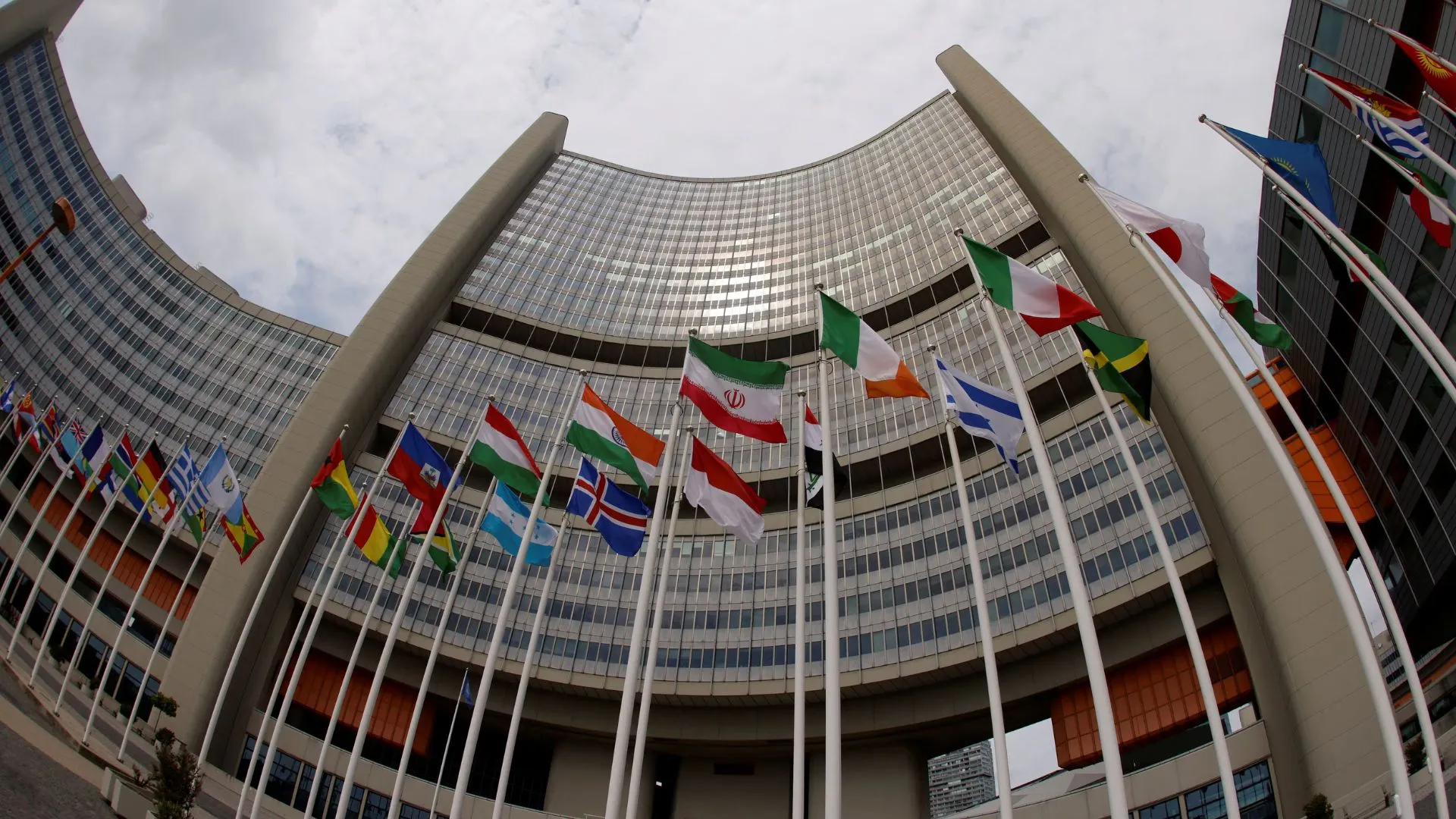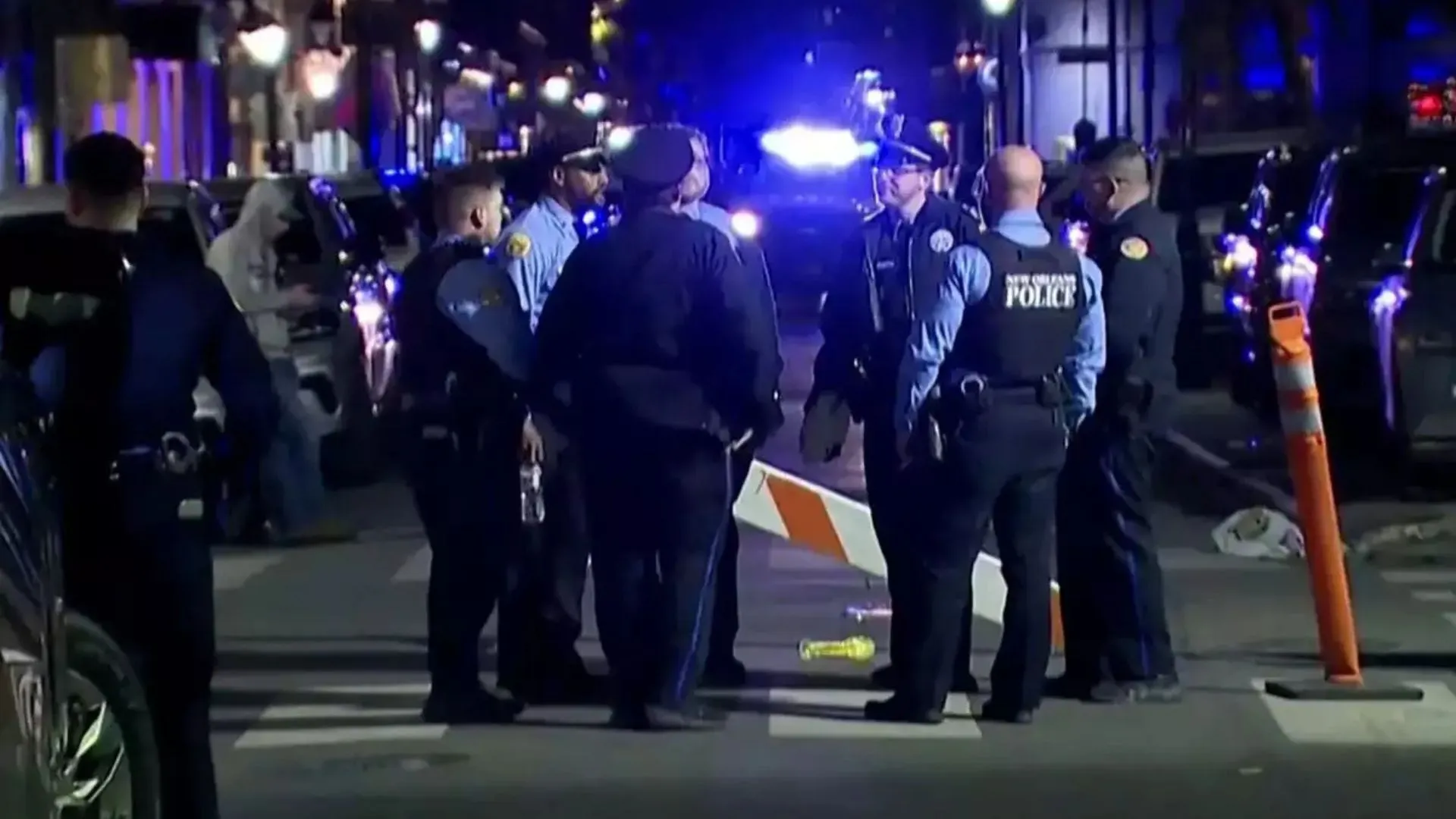During the coronavirus infection, elective surgeries are recommended to be halted briefly. Elective surgery or elective procedure is a surgery that is scheduled in advance as it does not involve a medical emergency. Especially, elderly people and those who are already suffering from health conditions such as diabetes, cardiovascular diseases and lungs or kidney related issues are more at risk. These people should avoid surgery as long as possible to avoid infection because during a hospital stay or post-surgery recovery time such as physiotherapy or follow-up dressing may increase the risk of infection. However, if the doctor has advised you for replacement surgery, then don’t be afraid to get under the knife due to Covid-19.
What is joint replacement surgery?
Joint replacement is an elective surgical procedure that a patient and doctor can plan as per their convenience. During surgery, the damaged joint is removed and replaced with a prosthetic joint which is called prosthesis. The prosthesis is designed to replicate the movement of a normal, healthy joint. Hip and knee replacements are the most commonly performed joint replacements but replacement surgery can also be performed on other joints including ankle, wrist, shoulder and elbow.
When do you need it?
There are many non-surgical treatments available for joint problems such as physical therapy, medication, injections and new biological treatments including hyaluronic injections and natural treatments like PRP. Surgery is suggested when non-surgical treatment does not provide comfort to the patient.
Damaged joint, stiffness, joint pain and their restricted movement impact the quality of life. To diagnose your condition an orthopedic surgeon will perform a thorough examination of your joint, analyse X-ray, MRI and CT Scan and conduct a physical test. Joint replacement is the best solution if the problem is serious. If you don’t get a joint replacement surgery on time, the risk of deformities develops inside and outside the joint increases as muscles, ligaments and other structures start becoming weak and losing their function.
Those patients go for a surgery like infected revision surgery or the ones who were planning to undergo second stage revision surgery and cannot wait further. Patients who are in extreme pain and not responding to any nonoperative measures should undergo surgery with due risk otherwise too much use of painkillers may damage the kidney and have other side effects which can be life-threatening. Those with significant knee deformity and stress fracture also need to undergo surgery as this is a case of semi-emergency.
A patient with periprosthetic fracture (fracture around previous joint replacement) is also an emergency case and needs to revise joint replacement or fix the fracture according to its pattern.
How safe is it during Covid-19?
In any epidemic phase, the risk of infection increases significantly, which can also increase the risk of complications due to the surgery by 20%. You may be vulnerable to infection at the time of surgery or during post-operative care. Most big hospitals have come up with the idea of establishing a Non-Covid-19 Care (NCC) zone and Covid-19 care zone to minimise the chance of catching infection during hospital visits and surgeries. You can choose stand-alone health care units for non-Covid-19 treatments.
Initially, the medical body was thinking that the pandemic would end in a few months. But the current scenario is telling a different story. This new virus will continue to be amongst us for some time. There is no point in delaying urgent joint replacement surgeries.
Hospitals and clinics are providing safe, effective care for people with joint replacement cases who needed urgent surgical care. During the pandemic hospitals and clinics are taking necessary precautions, including:
1. Wearing a mask is mandatory for all patients, visitors and hospital staff
2. Screening patients and employees upon arrival
3. Isolating Covid-19 patients from other patients to contain infection
4. Practicing social distancing in waiting rooms and other parts of the hospital
5. Testing every patient for Covid-19 prior to the surgery.
Are the surgeries expensive during pandemic?
During Covid-19, the cost for any surgery will be higher than before as special precautions are being taken in terms of PPE equipment for the entire surgical staff, mandatory Covid-19 test and extra sanitisation procedures do make a surgery a little expensive. But surgeons and hospitals are offering daycare elective surgery, wherein a patient can leave without staying the night in the hospital which brings surgery cost down to an affordable range. Patient follow-up care may be adjusted to include phone and video calls in addition to hospital visits.
Post operative Care
Recovery in joint replacement surgery is faster than before due to advanced technologies but you must take these precautions:
1. After discharge from the hospital, isolate yourself in a room at home
2. Stay away from your family member for two to three weeks
3. Stop smoking immediately as it slows down the healing and recovery process
4. Follow-up with the doctor regularly.
Special Note
You may need physiotherapy to normalise the joint movement. But during Covid-19, avoid taking a physiotherapy session as physiotherapists offer such sessions to many people — and that can increase the risk of infection. You can do light exercises or walk in your house under the guidance of a doctor or physiotherapist.
The writer is a Senior Consultant, Joint Replacement Surgeon at BLK Super Specialty Hospital, New Delhi.























